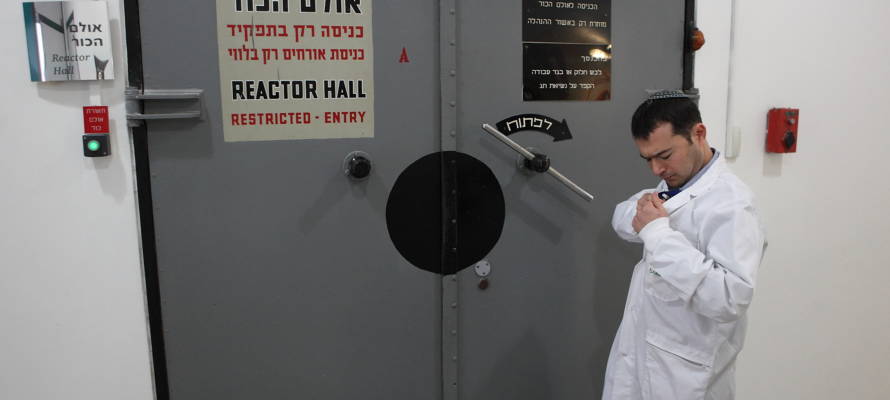Only five countries voted with Israel against a resolution this week calling on Jerusalem to give up its supposed nuclear arsenal.
By United with Israel Staff
The United Nations took yet another swipe at the Jewish state on Wednesday when it voted 149-6 that Israel should accede to the nuclear Non-Proliferation Treaty (NPT) and dispose of its nuclear weapons cache – assuming that it has one.
The resolution called on Israel to sign the NPT immediately and “not to develop, produce, test or otherwise acquire nuclear weapons, to renounce their possession and to place all its unsafeguarded nuclear facilities under full-scope IAEA safeguards.”
While foreign estimates have put Israel’s stockpile at 80-400 nuclear warheads, Jerusalem has remained ambiguous on the issue, neither denying nor confirming claims that it has nuclear weapons. Throughout the years, however, Israel has maintained that it would never be the first in the region to introduce weapons of mass destruction.
Indeed, it is Iran that should be the main concern of the international community.
Earlier this year, David Albright, a former UN nuclear inspector, said Iran already possesses enough enriched uranium for a nuclear weapon. Albright, who worked for the UN’s International Atomic Energy Agency (IAEA) in the 1990s, said Iran’s so-called breakout time is zero.
“Iran has reached this critical period where its breakout time is zero. And what that means is that now it has enough highly enriched uranium to fashion a nuclear weapon,” Albright told Iran International, an Iranian opposition media outlet. Albright currently serves as president of a Washington-based private entity called the Institute for Science and International Security, which monitors nuclear weapons proliferation.
Meanwhile, Western countries have continued to work tirelessly to made a deal with the Islamic Republic, although for now negotiations are at a standstill.
Only five countries – the U.S., Canada, Liberia, Micronesia and Palau – voted with Israel against the resolution. There were 26 abstentions, including several from the European Union as well as India. Ukraine was notably absent.
The UN vote on Wednesday was one of over a dozen aimed specifically against Israel each year.




